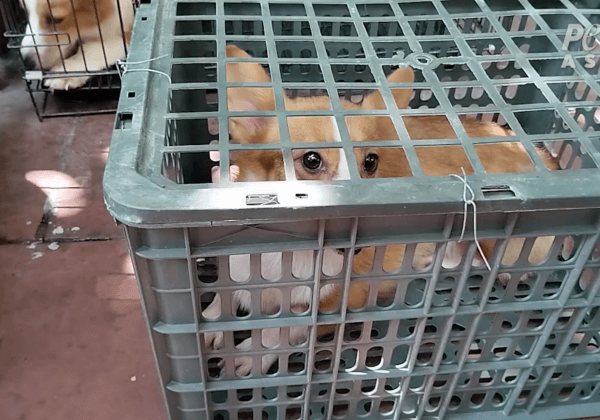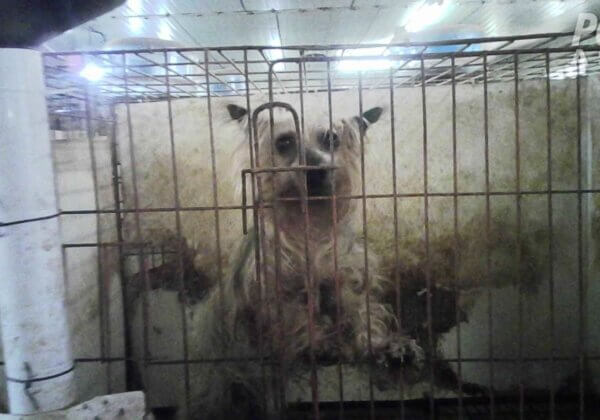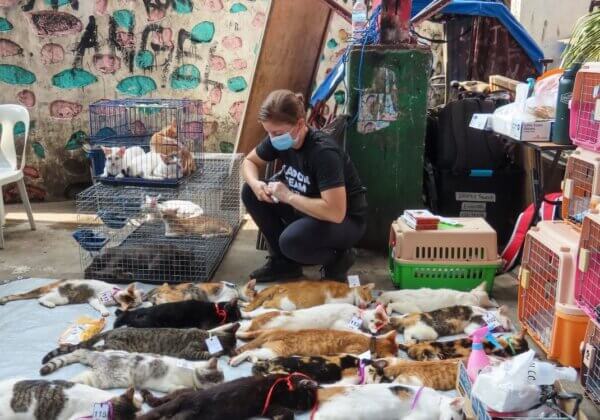Don’t Ignore Homeless Animals—They Need Your Help
Millions suffer from homelessness in the Philippines. Children beg for spare change on the streets, while adults perform the occasional odd job to survive. These Filipinos do what they can to keep themselves and their families going, some of them sleeping under bridges when it’s time to retire at night.
What many fail to consider when discussing the country’s battle against homelessness, however, is the number of stray animals who endure the same fate as their human counterparts. Stray cats and dogs in the Philippines are labeled puspins and aspins—slang for pusang Pinoy and asong Pinoy, terms that translate as “Filipino cat” and “Filipino dog.” While these terms may seem harmless, they have accrued connotations that, unfortunately, help make stray animals seem mundane and unwanted compared to purebred, pedigreed companions.
All over Asia, there are COUNTLESS homeless animals dying on the streets ? The solution? SPAY & NEUTER! pic.twitter.com/fNeECBt1MI
— PETA Asia (@PETAAsia) April 8, 2016
These stray animals roam the streets, often attempting to salvage whatever leftover food they can find in garbage cans and canals. If they’re lucky, they are rescued and adopted by kind souls willing to welcome them into their homes and give them the comfort and shelter that they need. A normal day for a stray, however, would be devoid of much human contact, lest they find themselves in any additional form of danger.
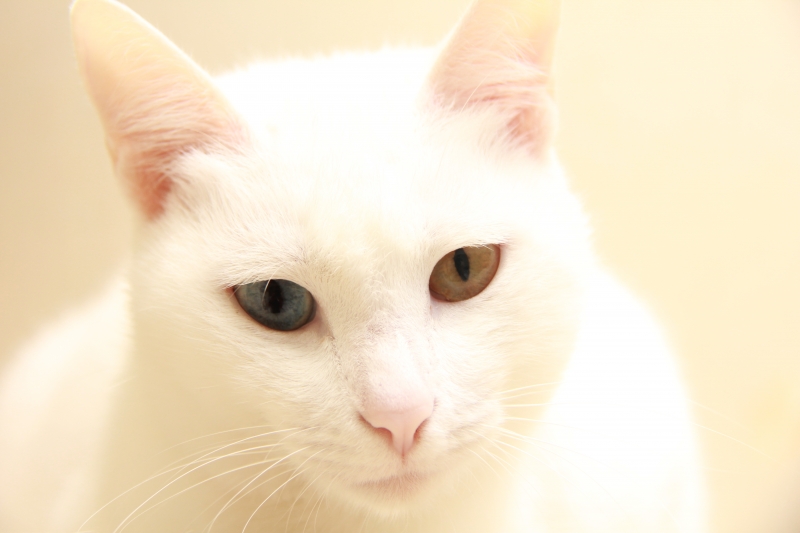
The harsh reality for stray animals in the Philippines is that there are just too many of them. Many people resort to harming or killing off entire stray animal populations for the safety of their own properties. But a humane solution to overpopulation that animal-welfare advocates have embraced is spaying and neutering stray cats and dogs. Sterilization allows for the control of stray animal populations without harming them or evicting them from their territories.
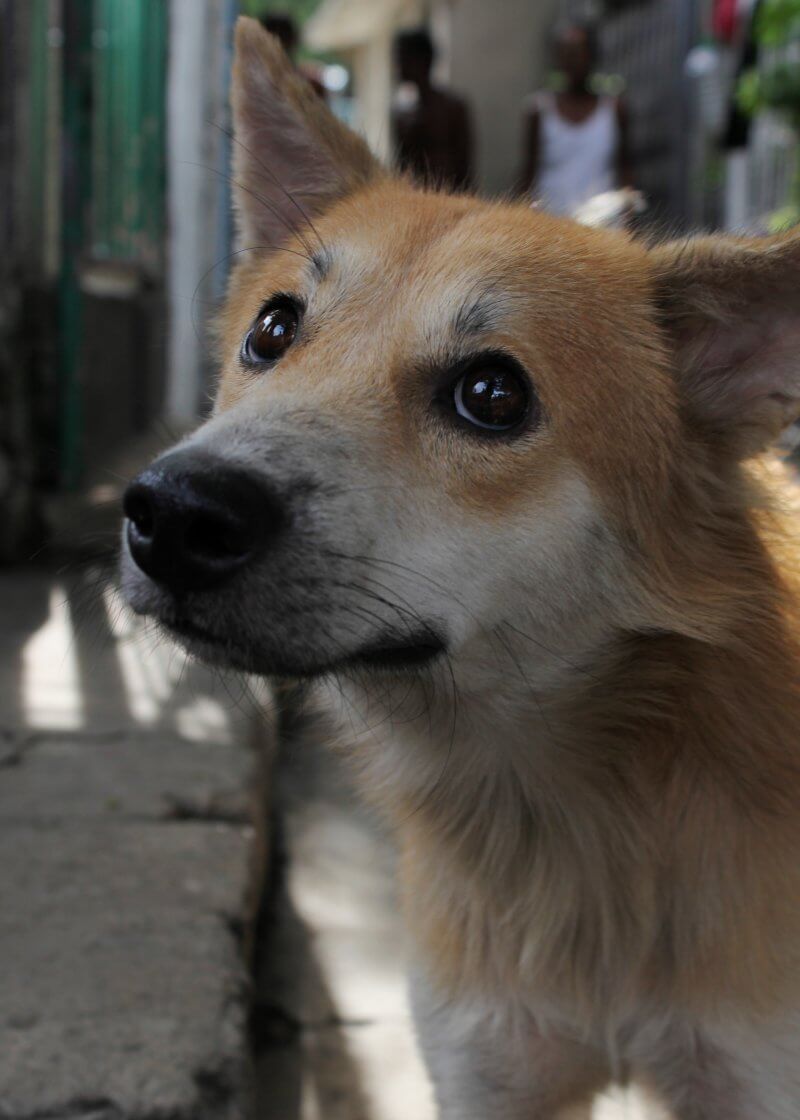
After groups of stray animals have been spayed and neutered, the main problem left to solve is their homelessness. It often seems like there isn’t any place for strays in the Philippines. When the animals are rescued and put up for adoption, many potential guardians would much rather shop for purebred animals instead. Animals born and bred to be sold are thought to be cleaner and prettier, and, unlike strays, do not carry the baggage of having lived on the streets. The problem with shopping for animal companions, however, is that each purchase of a purebred animal fuels the animal-breeding industry—an industry that uses these innocent, defenseless animals purely for profit—and takes opportunities to find a good home away from animals at our local shelters.
Puspins and aspins come in all shapes and sizes, boast many different colors, and—with sufficient care and attention—can end up becoming the most sociable of creatures. They are strong and beautiful and just as capable of love and affection as purebred companions. So why do we tend to choose one over the other? It’s hard to understand how anyone could withhold love and care from puspins and aspins just because of their lineage.
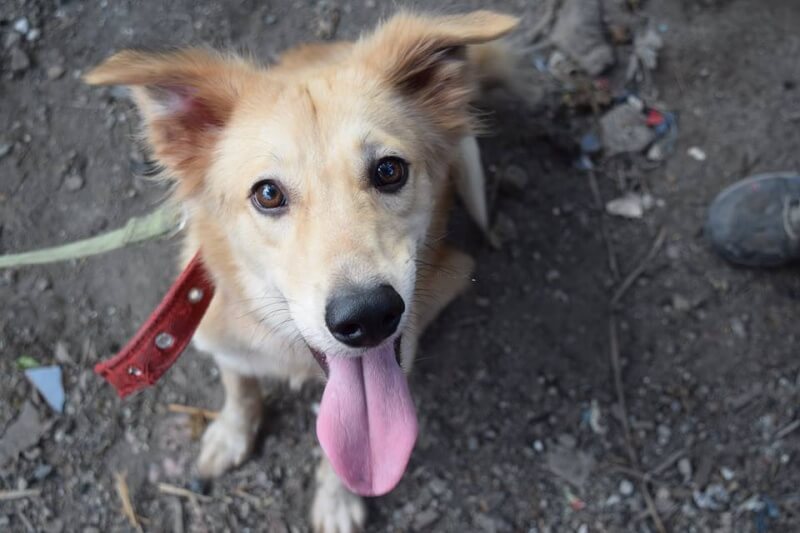
At Ateneo de Manila University, I, along with several others, began a movement to rescue and adopt out motherless, distressed kittens found on campus. The ones we rescued, although essentially puspins, were eventually adopted by loving families, while the cats who remained on campus were neutered and spayed and welcomed as permanent residents of the university. That is the way it should be.
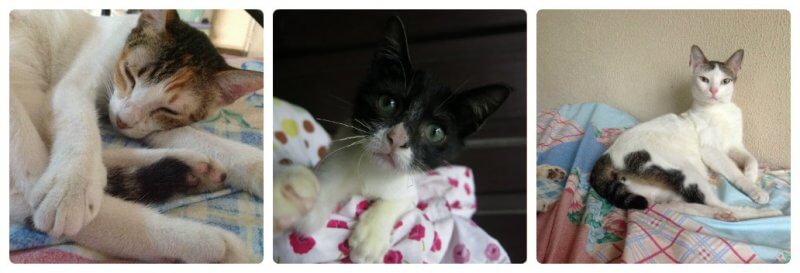
My home includes four cats—one Persian and three puspins, all adoptees. I look at each of them and see no difference in the way that they wake up, stretch, and cry for food early in the morning. I see no difference in the way that they all adore being cuddled and abhor being bathed. I see no difference in the way that they live, and I see no difference in the way that they love. It’s high time that we look beyond a superficial consideration such as breed and open our homes to the countless nonhuman animals in search of places to call their own.
Prevent more animals from suffering by signing PETA’s pledge to have your animal companions spayed or neutered.
Written by PETA Asia intern Alexandra Bichara

